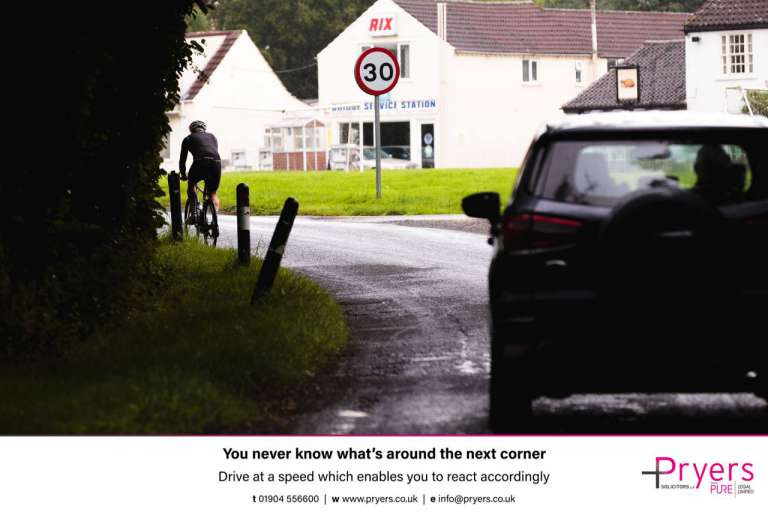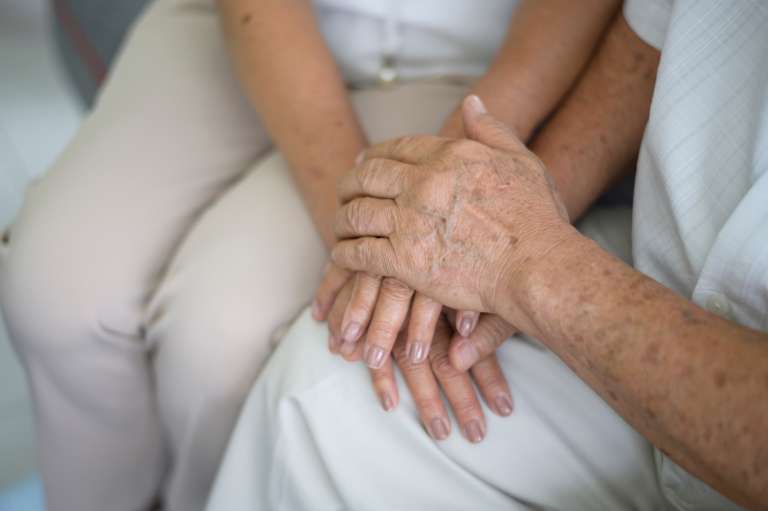Experts have warned that the increasing delays in routine surgeries are putting patients at dangerous risk of opioid painkiller addiction.
Last month, Public Health England (PHE) warned that prescribing painkillers for longer than 90 days is associated with a higher risk of opioid overdose and addiction. Earlier this year, research warned patients that taking opioid painkillers for “more than two weeks” after routine surgery risked dependence. Additionally, experts say that opioids are known to be ineffective for most people after three months.
Data released in March 2018 found that half of patients using prescribed opioids had been using them for at least one year, whilst 540,000 had been taking them for at least three years.
However, the NHS has been facing increasing delays, even making choices to ration some operations. As a result, patients across England have found themselves waiting up to 12 months for treatment.
Doctors have said that the changes mean that patients are left in distress whilst awaiting pain-reliving surgeries and raise the risk of opioid painkillers dependence.
The warnings come after one Clinical Commissioning Group (CCG) in Yorkshire recently announced heavily criticised plans to make patients with a BMI over 30 join a weight management programme before they can have surgery. Under the new rules, they would not be eligible for surgery again for another six months. Critics say the policies lack scientific evidence and place patients at risk of addiction.
Recent studies in the United States have shown that patients with a higher BMI are more likely to be prescribed stronger opioids and had an 11% higher chance of chronic usage.
Dr Andrew Green, GP voiced his concerns over the CCG scheme in a letter to other local doctors.
“For patients awaiting pain-relieving surgery who are on opioids, any possible benefit of this programme will be outweighed by the increased risk of opioid dependence they will incur as a result of the delay.”
Such delays will “inevitably extend patients’ period of drug use”, which “seems to me to be a prime example of disconnected policy-making”, Green wrote.
Professor Neil Mortensen, vice-president of the Royal College of Surgeons of England, said such policies were “unfair” and “ignore clinical guidance”.
“While the RCS supports any attempts by the NHS to help overweight patients lose weight, we fiercely oppose blanket restrictions that delay or deny patients’ timely access to the operations they need.”
These concerns come amidst reports that there has been a dramatic increase in the number of consultants declining extra work after controversial changes to pension schemes. One trust executive said that their waiting list for operations had increased by 50% as a direct result of the changes.
Chief Executive of NHS Providers, Chris Hopson, told Sky News
“We have multiple trusts telling us they are expecting a significant increase in the number of surgery cases they will have to delay, leaving patients in pain and risking their problems getting much worse.”
Data for April 2019 showed that the number of patients waiting more than the target 18 weeks for an operation increased 3% on the previous month, and 16% on the same month last year to 579,403, the largest number ever recorded.
At the same time, operations such as hernia repair, hip or knee replacements, removal of cataracts, tonsils, haemorrhoids or a gallbladder, injections for back pain and referral to specialised pain clinics are no longer routinely funded by the NHS.
Other research by the Universities of Manchester and Nottingham has found the GPs are more likely to prescribe opioids to patients in economically poorer areas, particularly in the North of England. Campaigners say the new study demonstrates how a ‘postcode lottery’ of NHS treatments can have dangerous risks for those from lower socioeconomic groups.
Critics have also said the NHS is fuelling a rise in opioid addictions. The prescription of strong painkillers is on the rise in the UK – Nearly 24 million opioids, such as morphine, were prescribed in 2017 – equivalent to 2,700 packs an hour. Other figures show that the number of people dying from opioid-related drug misuse has reached a record high.
Concerningly, many of these prescriptions are given to those suffering from chronic pain – despite little evidence to support their usage. One study estimated that for every 10 patients who are given opioids for chronic pain, probably only one will have any benefit from treatment.
Prof Helen Stokes-Lampard, of the Royal College of GPs, said doctors did not like prescribing medication long-term, but were sometimes left with no choice.
“What it indicates is the severe lack of alternatives,” she said.
Professor Jonathan Chick from a rehabilitation clinic in Scotland that treats people from across the U.K said “I’d say in the last five years the number of patients I’m treating has doubled”
One campaigner, who began taking prescribed opioids at the age of just 14, said: “Most doctors will give you tablets like Tramadol without asking too many questions,
“GPs are just feeding people with pills, and the result is that the NHS is creating drug addicts.”
Pryers helped our client claim compensation when he became dependent on medically prescribed opiod painkillers. If you would like to find out how Pryers can help you, contact our experts today.





